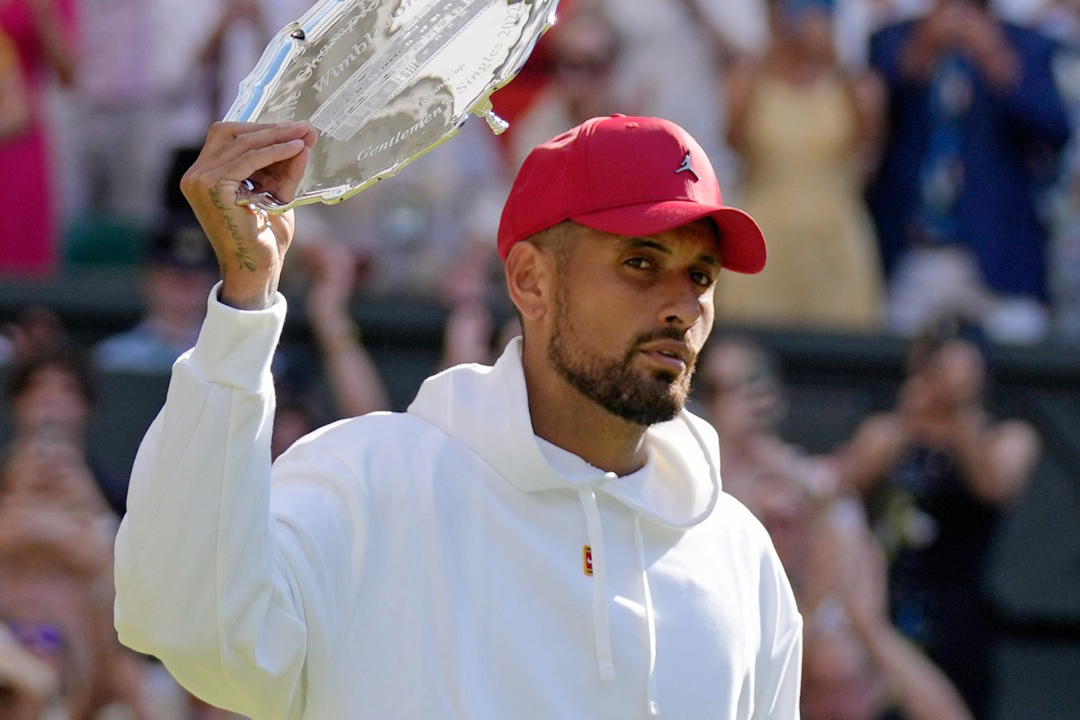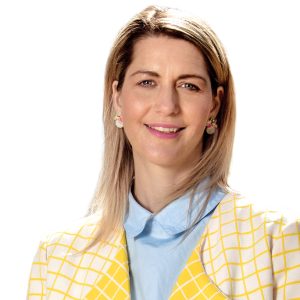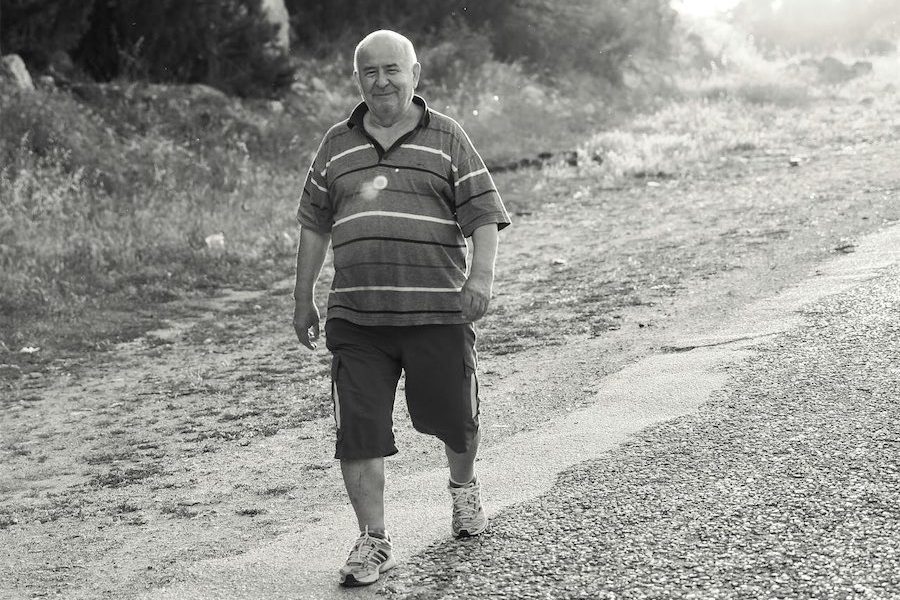
FANS would be asking what’s next for Canberra’s bad boy of tennis Nick Kyrgios.
After winning the first set in the men’s singles Wimbledon final on Sunday (July 10), Kyrgios lost in four sets to defending champion Novak Djokovic.
While the 27-year-old’s performance on court was the best of his career, he also made headlines during the tournament for all the wrong reasons – picking fights with umpires and line judges, falling out with his opponents, berating his own player box and spitting towards the crowd.
Following his four set loss to Djokovic, when asked if he was hungry for further big-match tennis, Kyrgios replied: “Absolutely not, I’m so tired, honestly.
“I’m just really happy with this result, it’s the best in my career – so hopefully I can be here again, but I don’t know about that.”
Tennis fans could be forgiven for wondering if this was a one-off performance from Kyrgios, or will we see him feature in future Grand Slam finals?
Canberra clinical psychologist Jason McCrae has analysed Kyrgios’ performances and drawn the conclusion that while he possesses undoubtable talent, the consistency of his performance is up in the air.
“My observation is that to be consistently successful and at the very top end of elite sport you need to train at a very high level consistently, you need to be competitive consistently week after week, month after month,” McCrae says.
“What we have seen of Nick in some tournaments suggests that, at times, he doesn’t have that passion to keep going week after week, month after month at that high level.”
While Kyrgios’ tennis borders on the sublime, his attitude and antics on and off the court turn many people off.
According to McCrae, Kyrgios adopts a “me-versus-the-world” mentality to his tennis.
“He fires himself up by setting up the concept of him against the world,” McCrae says.
“That might include arguing with the umpire, with the coaches and supporters in his own box, anyone who comes in his way as a means of motivating him against the world.”
McCrae – who previously worked as a sports psychologist at the ACT Academy of Sport – points out that while we idolise sporting heroes, they don’t always present as ideal role models.
They are just as personally “flawed” as the rest of us, McCrae says.
“As Australians we have perceptions that a sportsperson should be a role model, be really good at life, exude calmness and humbleness, and show positive values, but really that’s a flawed expectation,” he says.
“When someone like Nick comes along who is clearly good at tennis but perhaps exhibits some behaviours that people don’t like, it can be quite jarring, and it doesn’t meet the expectations we have.
“Just because someone hits a tennis ball well and can serve fast, why should that mean they are a humble or calm person, or that their personal characteristics are desirable?”
Alberto Filgueiras Goncalves, a visiting professor at the School of Sport and Exercise Science at the University of Canberra, identifies Kyrgios’ aggressive behaviour as a fundamental approach to his game.
Goncalves, who served as a sports psychologist for the Brazilian beach volleyball team during the Rio Olympics, says what helps to motivate Kyrgios could also be destructive on him personally and how he’s perceived in the game.
“It becomes a problem when the aggressiveness is misplaced,” Goncalves says. “If there’s too much aggressiveness placed on the game or on other things like the crowd or the umpire then it can become a problem.”
While Kyrgios has a long way to go before he’s regarded as Canberra’s favourite son, the capital does have a warm spot for those who perform well on the world stage.
“When he is yelling at the umpire and throwing a racquet perhaps we don’t like the way he’s representing our town, but when he is playing great tennis and getting close to winning Wimbledon we like the way he represents us,” says McCrae.
Following Kyrgios’ Wimbledon performance, in which he pocketed more than $1.8 million as runner-up, Canberrans wasted no time congratulating him on his efforts.
“It wasn’t to be for Canberra’s Nick Kyrgios, but what a great achievement to make it to the finals. Let’s go one better next year,” tweeted ACT Opposition leader Elizabeth Lee in a 3am post-match tweet.
“Congratulations to Nick, it was a gripping match, but success was not to be,” said the Daramalan College alumni.
Neither ACT Chief Minister Andrew Barr nor Sport Minister Yvette Berry have offered any obvious congratulation to the world-renowned Canberran.
Who can be trusted?
In a world of spin and confusion, there’s never been a more important time to support independent journalism in Canberra.
If you trust our work online and want to enforce the power of independent voices, I invite you to make a small contribution.
Every dollar of support is invested back into our journalism to help keep citynews.com.au strong and free.
Thank you,
Ian Meikle, editor





Leave a Reply